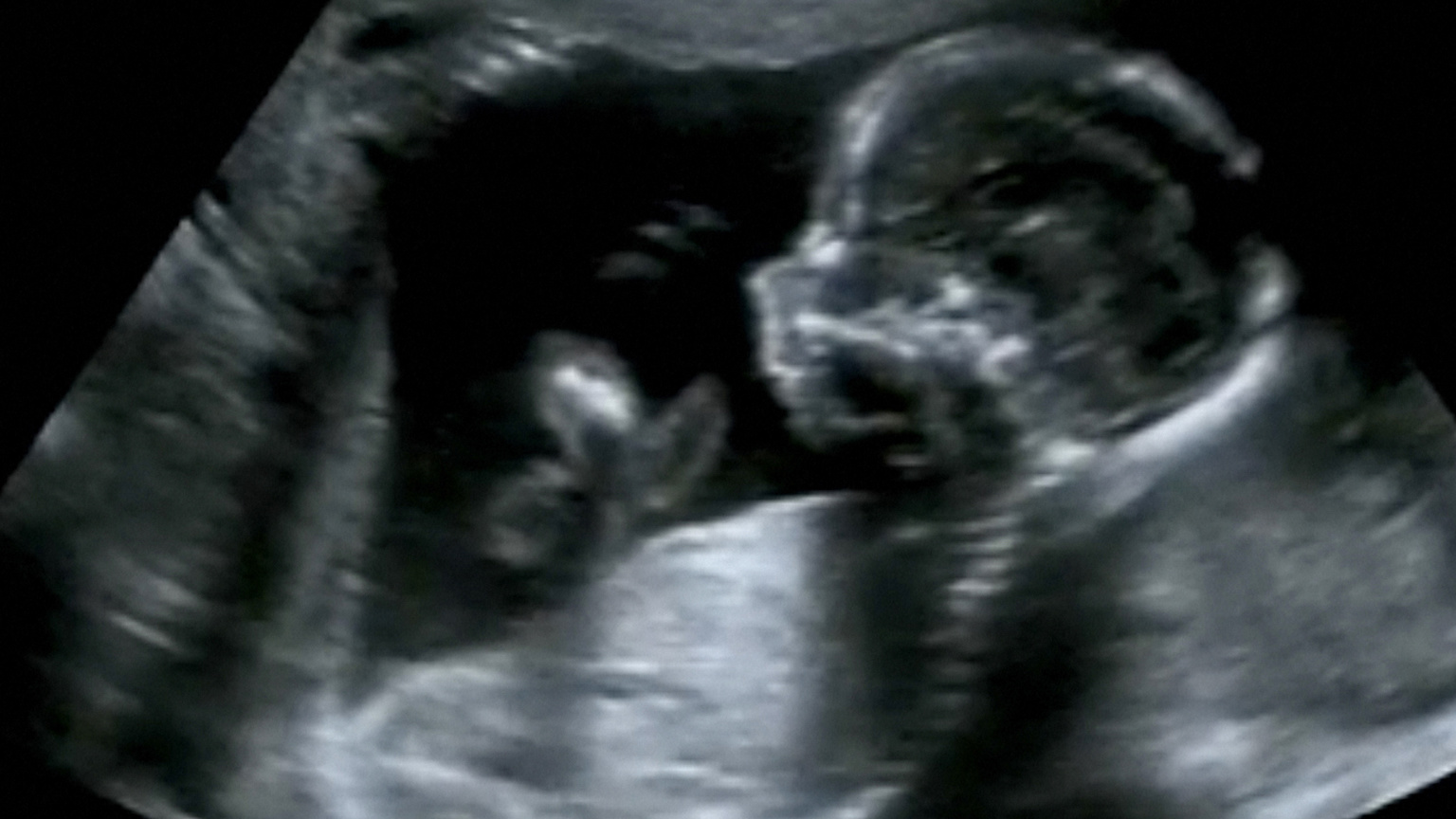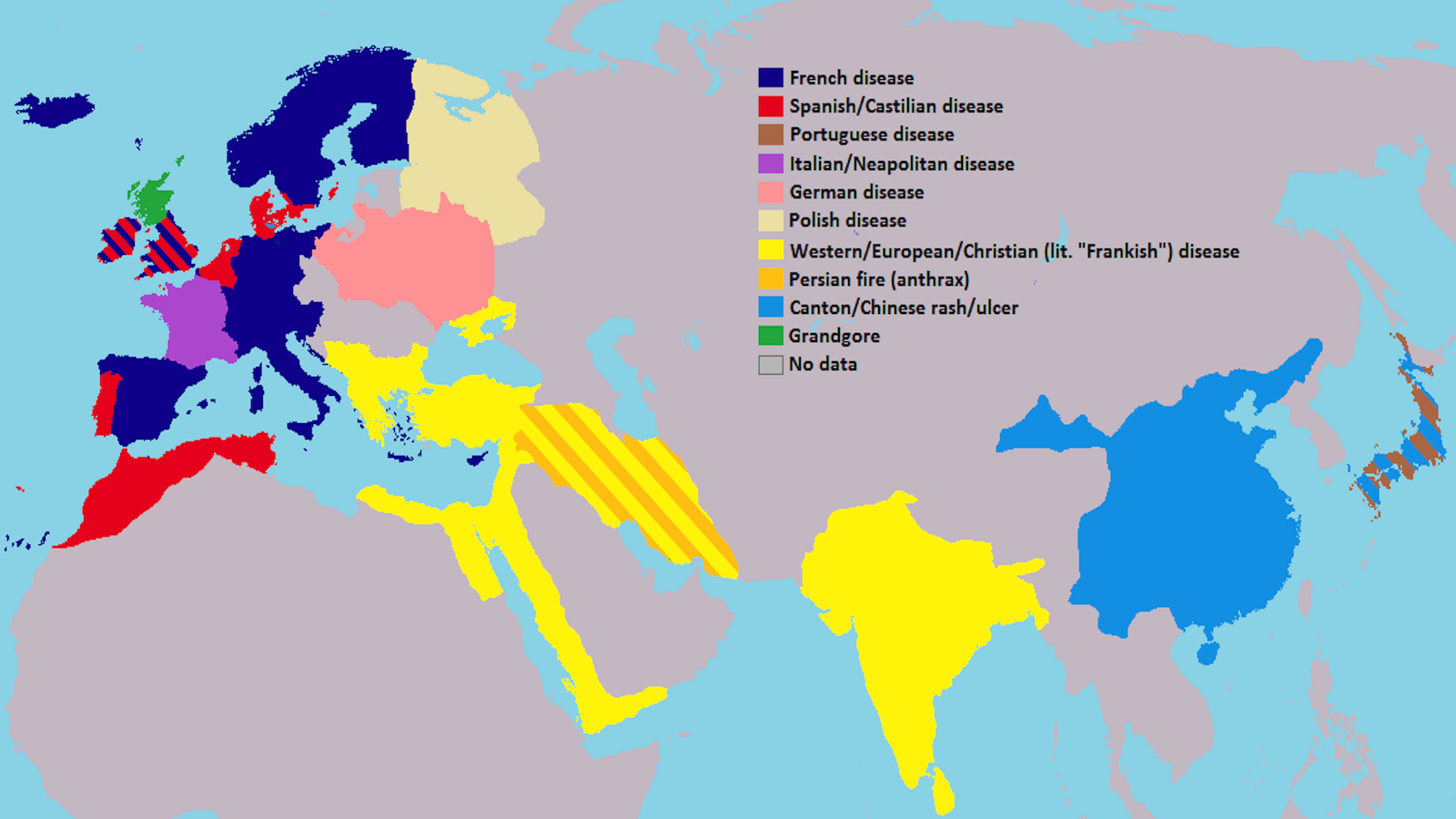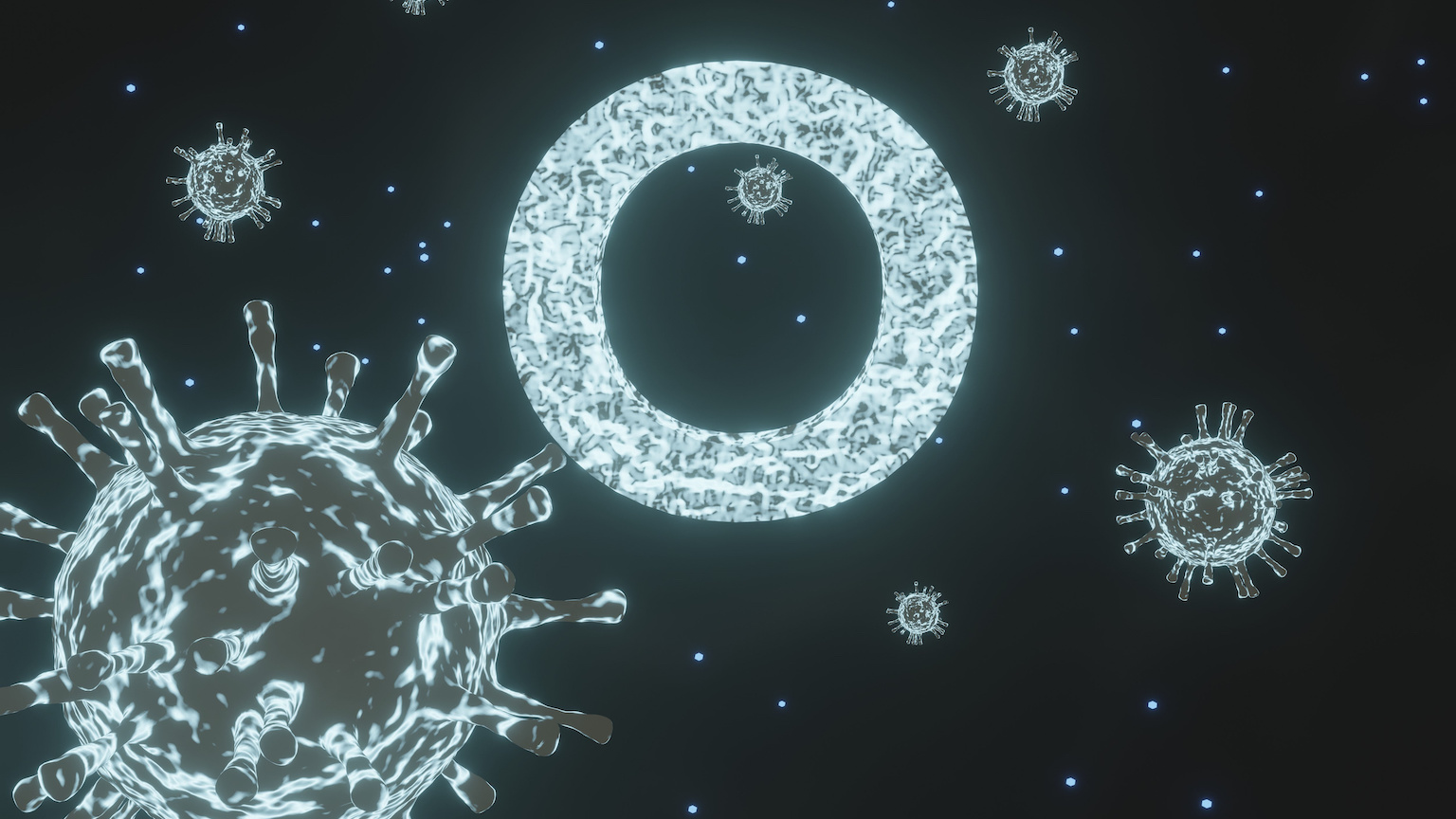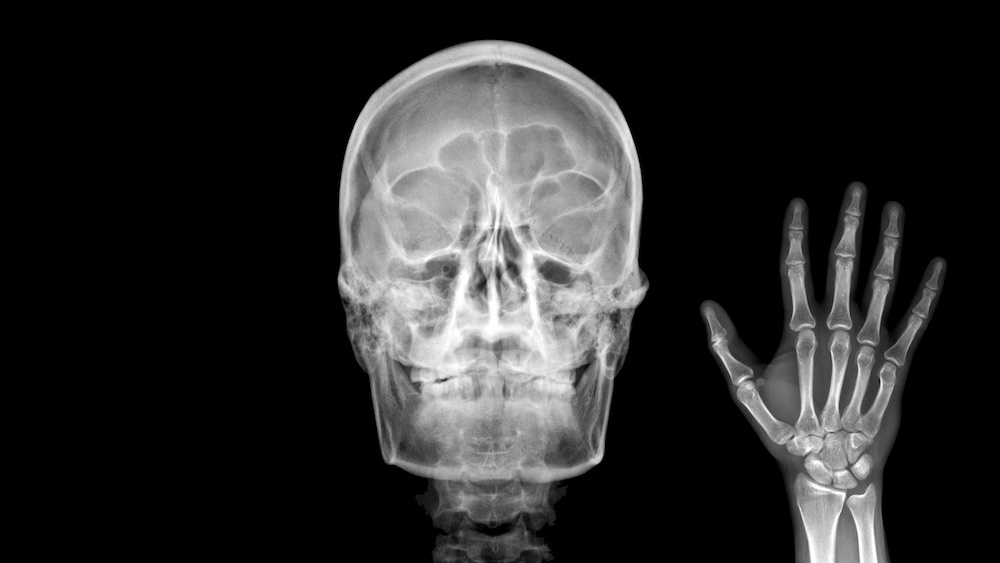Public Health & Epidemiology
The catastrophic birth defect anencephaly affects about 1 in 4,600 pregnancies in the U.S. It is largely preventable with folic acid supplements.
The most feared sexually transmitted disease (STD) of the last half-millennium was usually named after foreigners, often the French.
Scientists ranked countries on their end-of-life care. The U.S. fared poorly.
When reading critiques that inflate the uncertainty of science, ask these 7 questions.
A boy in Germany seems to be the first person to be cured of a rare and painful skin condition commonly called “butterfly disease.”
For the fewer than 50 people with this blood type, finding a blood transfusion could be extremely difficult.
Stem cell-derived chondrocytes could be the key to regenerating damaged cartilage.
Treatments for depression have significantly improved since the 1980s. So why isn’t the rate of depression decreasing?
Done properly, peer review requires that journals fulfill their role as knowledge custodians, rather than being mere knowledge distributors.
A divergence in mortality rates between U.S. states suggests that public health policy plays a substantial role in how long people live.
We don’t know with 100% certainty where SARS-CoV-2 first came from or how it first infected humans. But not all options are equally likely.
A small, Seattle-based study will look to see if the psychedelic can alleviate the pandemic’s mental health impact.
Americans have a lower life expectancy than people in other rich countries despite paying much more for healthcare. We explore the number of factors which might explain this difference.
Experiencing too much pleasure and not enough pain may yield counterintuitive consequences.
There is no rule that will force Omicron or another COVID variant to become less deadly over time, but there is reason for hope.
The results of a recent study suggest that some clinicians might be failing to explore other causes when treating gender dysphoria.
The early colonists thought they were being pulled by God into a void left by plague.
The cause of Alzheimer’s is still not fully understood, but we might be able to vaccinate against it anyway.
A recent study overviews the thinnest X-ray detector ever created.
Some of the most popular “anti-aging” diets show promise in rodent studies. But are they effective for humans?
The two-year pilot program will be a test of harm reduction strategies.
Ah, ha, ha, ha, stayin’ alive, stayin’ alive.
One hypothesis says that sleep helps “clean” the brain of damaged molecules and toxic proteins.
The mad dog’s bite caused a hideous metamorphosis, which transformed its human victim into a nefarious monster.
On Sept. 23, 2020, it was reported that black licorice was the culprit in the death of a 54-year-old man.
The credibility problem facing the biomedical and public health establishment is, at least in part, a product of its own making.
Elevated blood pressure, even within the normal range, is associated with accelerated brain aging.
You may only have a few minutes to prepare.
The secret to alleviating chronic back pain may be to treat psychological issues like anxiety and repressed emotions.





























